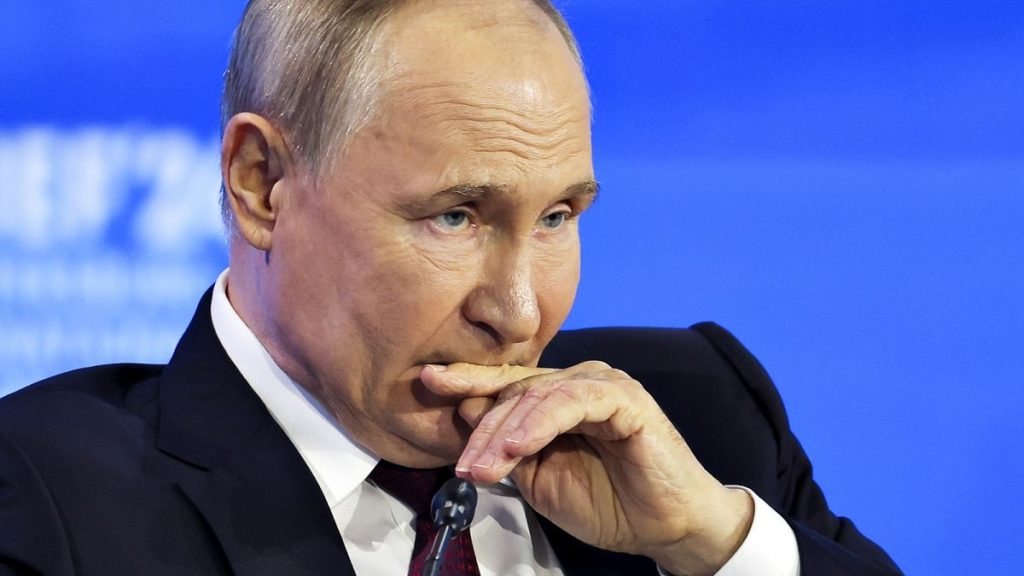The European Union has agreed to impose new sanctions on Russia, including targeting supplies of liquefied natural gas (LNG), amidst the ongoing war in Ukraine. This marks the 14th package of sanctions since February 2022 and comes at a critical time as Russian troops seek to make further territorial gains. The package was the result of lengthy negotiations among ambassadors, with Germany being the last holdout over concerns about the “no Russia clause”. Despite the sanctions, EU companies will still be able to purchase Russian LNG, but will be prohibited from re-exporting it to other countries.
In 2023, the EU paid €8.3 billion for 20 billion cubic meters of Russian LNG, representing 5% of total gas consumption. Belgium, France and Spain were identified as the main entry points for Russian LNG, with about 22% of supplies being trans-shipped globally. The new sanctions aim to restrict this trade and limit Russia’s ability to fund its war in Ukraine. The penalties also target three LNG projects in Russia that are not yet operational, including Arctic LNG 2, Ust Luga, and Murmansk. Additionally, measures have been put in place to crack down on circumvention of sanctions and close any loopholes.
There has been concern over the Kremlin’s use of small tankers to bypass sanctions and sell oil at prices above the G7 price cap. Despite the $60 per barrel limit, Russia has been selling its Urals oil at higher prices. The EU hopes that the new sanctions will deny Russia access to key technologies, strip Russia of further energy revenues, and combat Putin’s shadow fleet and shadow banking network abroad. The sanctions also include provisions for European companies to claim compensation for any damages inflicted by Russian retaliation.
The embargo on Russian LNG is a significant step for the EU as it marks the first time that such sanctions have been imposed. While some member states had reservations about the sanctions, particularly Hungary, the final holdout was Germany over the “no Russia clause”. Germany ultimately signaled its approval, allowing the deal to move forward. The EU’s decision to restrict the import of Russian LNG demonstrates a commitment to putting pressure on Russia in response to its actions in Ukraine.
The new sanctions are part of a broader effort by the EU to address the ongoing conflict in Ukraine and push back against Russian aggression. By targeting the energy sector, the EU aims to limit Russia’s ability to fund its military operations and exert leverage over its neighbors. The penalties imposed on Russian LNG projects, as well as measures to prevent circumvention of sanctions, show the EU’s determination to hold Russia accountable for its actions. The EU’s decision to continue allowing the purchase of Russian LNG but restrict re-exportation demonstrates a balance between economic interests and geopolitical concerns.
Overall, the EU’s decision to impose new sanctions on Russia, including restrictions on the import of Russian LNG, reflects a coordinated effort to respond to Russian aggression in Ukraine. The sanctions aim to limit Russia’s access to key technologies and energy revenues, while also addressing concerns about circumvention of sanctions. The measures put in place by the EU demonstrate a commitment to holding Russia accountable for its actions and supporting Ukraine in the face of ongoing conflict.













